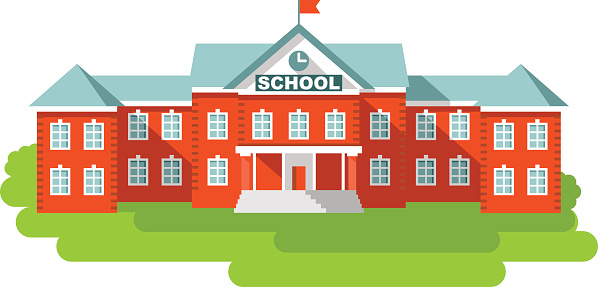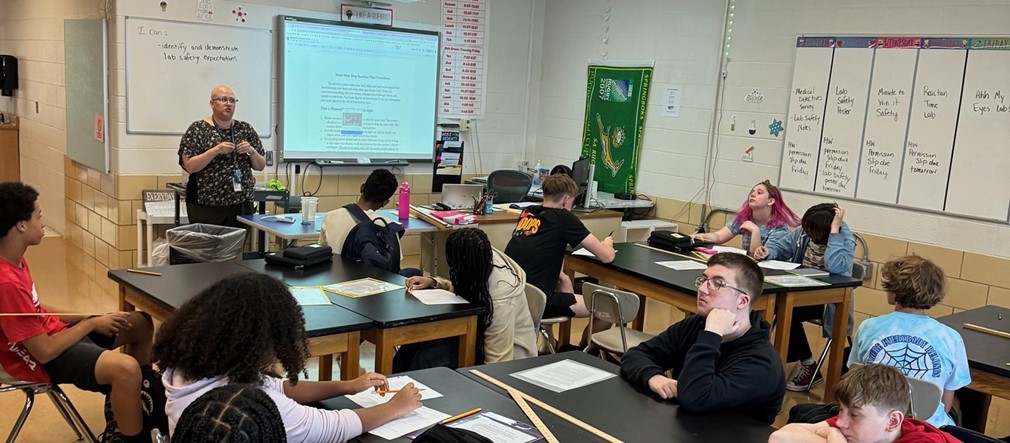Fundraising Concepts to Help Save Temecula Schools and Programs
Fundraising Concepts to Help Save Temecula Schools and Programs
Blog Article
Recognizing the Significance of Colleges in Kid Development and Neighborhood Development
Schools' engagement with neighborhood areas through service-learning initiatives reinforces the bond in between family members and instructional establishments. This cooperative relationship emphasizes the value of institutions in supporting active citizenship and long-lasting understanding routines.
Academic Achievement
Academic success offers as a cornerstone of kid growth, supplying the foundation whereupon future discovering and success are built. Colleges play a pivotal role in cultivating this scholastic development, supplying organized atmospheres where youngsters can acquire vital expertise and cognitive skills. Standard educational program ensure that pupils gain proficiency in core subjects such as mathematics, scientific research, and language arts, which are vital for both college and expert opportunities.
In enhancement to imparting basic scholastic skills, colleges also cultivate important thinking, analytical capabilities, and intellectual interest. These cognitive expertises are important for navigating intricate real-world circumstances and adjusting to the ever-evolving demands of the modern-day work environment. Educators, as facilitators of knowing, utilize diverse instructional strategies to deal with diverse knowing styles, thus optimizing individual trainee capacity.
In addition, academic success is very closely connected to self-worth and inspiration. Children who experience scholastic accomplishments are extra likely to establish a favorable self-concept and a lifelong enthusiasm for understanding. Schools likewise supply different sources, such as collections and modern technology, which even more enhance the educational experience and prepare trainees for a technically innovative society.
Social Skill Development
Beyond academic accomplishment, the function of institutions in social skill advancement is vital. Schools work as a primary venue for kids to find out and exercise necessary social skills such as problem, participation, and interaction resolution. In the organized setting of a classroom, students connect with peers, educators, and other institution staff, offering various possibilities to establish these vital abilities.
Reliable social ability growth in institutions is helped with with group tasks, collective projects, and extracurricular programs. These interactions help pupils comprehend social standards, construct compassion, and foster a feeling of community. Team tasks teach pupils just how to work with each other towards a common goal, pay attention to different perspectives, and browse arguments constructively.

The growing of social abilities during academic year lays a structure for future personal and expert relationships. Save Temecula Schools. As pupils mature, the ability to successfully work together and interact ends up being significantly important, highlighting the college's crucial duty in alternative kid growth
Direct Exposure to Diversity
Direct exposure to variety in colleges is basic to fostering an inclusive mindset and broadening students' perspectives. Schools offer as a microcosm of the broader society, and experiencing diverse cultures, languages, and socioeconomic backgrounds within this atmosphere gears up trainees with vital abilities for navigating an increasingly globalized world. This exposure urges empathy, lowers bias, and advertises shared respect among peers.
Diverse classrooms also boost social and cognitive development. Research indicates that pupils that communicate with peers from diverse backgrounds exhibit better problem-solving skills and creative thinking. They discover to appreciate different point of views, which enriches class discussions and cultivates a much more vibrant knowing experience. Furthermore, this understanding of variety prepares students for future workplaces that worth modern proficiency.

Area Involvement
The advantages of diverse class extend beyond the college wall surfaces, cultivating a solid feeling of area interaction among students. By communicating with peers from different cultural, socioeconomic, and ethnic histories, pupils obtain a more comprehensive viewpoint and a gratitude for variety. This direct exposure motivates them to end up being active citizens who are prepared to contribute positively to their communities.
Colleges that stress neighborhood interaction frequently incorporate service-learning projects, which permit pupils to attend to real-world issues while applying scholastic abilities. These jobs not only boost pupils' understanding of their coursework however also infuse a feeling of obligation and empathy. Collaborations between colleges and regional organizations give trainees with opportunities to take part in community occasions, even more strengthening their function as aggressive neighborhood members - Save Temecula Schools.
In addition, adult and community involvement in institutions strengthens the bond in between educational institutions and the neighborhoods they offer. Via these efforts, institutions play a crucial duty in nurturing community involvement and promoting social development.
Lifelong Understanding Habits
Creating lifelong discovering behaviors is essential for a child's constant development and flexibility in an ever-changing globe. Colleges play a pivotal role in instilling these habits by producing an atmosphere that promotes interest, vital thinking, and a love for understanding. With extracurricular activities and diverse educational programs, teachers encourage students to explore numerous subjects, analyze details seriously, and use their discovering to real-world situations.

Moreover, institutions give an organized setting where youngsters can create self-discipline and time monitoring abilities, both of which are important for continuous knowing. By stressing the importance of setting goals, assessing development, and adjusting strategies, educational organizations prepare trainees to browse the intricacies of adult life, ensuring they stay lifelong learners and contributors to society.
Verdict
Finally, schools are vital in promoting kid advancement and area growth by offering atmospheres for academic achievement, social ability development, and exposure to diversity. Through collaborative tasks and communications, institutions improve vital thinking, empathy, and communication skills. Neighborhood interaction initiatives even more enhance the bond between local areas and instructional organizations. Eventually, colleges grow lifelong learning habits, outfitting people with the needed expertise and abilities to contribute favorably to culture.
In the organized environment of a class, trainees connect with peers, instructors, and various other school personnel, supplying many chances to create these crucial capabilities.
In significance, exposure to diversity within schools not just enriches private trainees yet also enhances the social textile of the neighborhood as a whole.
The advantages of varied classrooms prolong past the college walls, fostering a strong sense of neighborhood involvement amongst pupils.Colleges that emphasize neighborhood interaction usually incorporate service-learning projects, which allow trainees to attend to real-world problems while applying academic skills. Partnerships between schools and neighborhood organizations supply trainees with possibilities to get involved in area events, better strengthening their duty as site here aggressive area participants.
Report this page